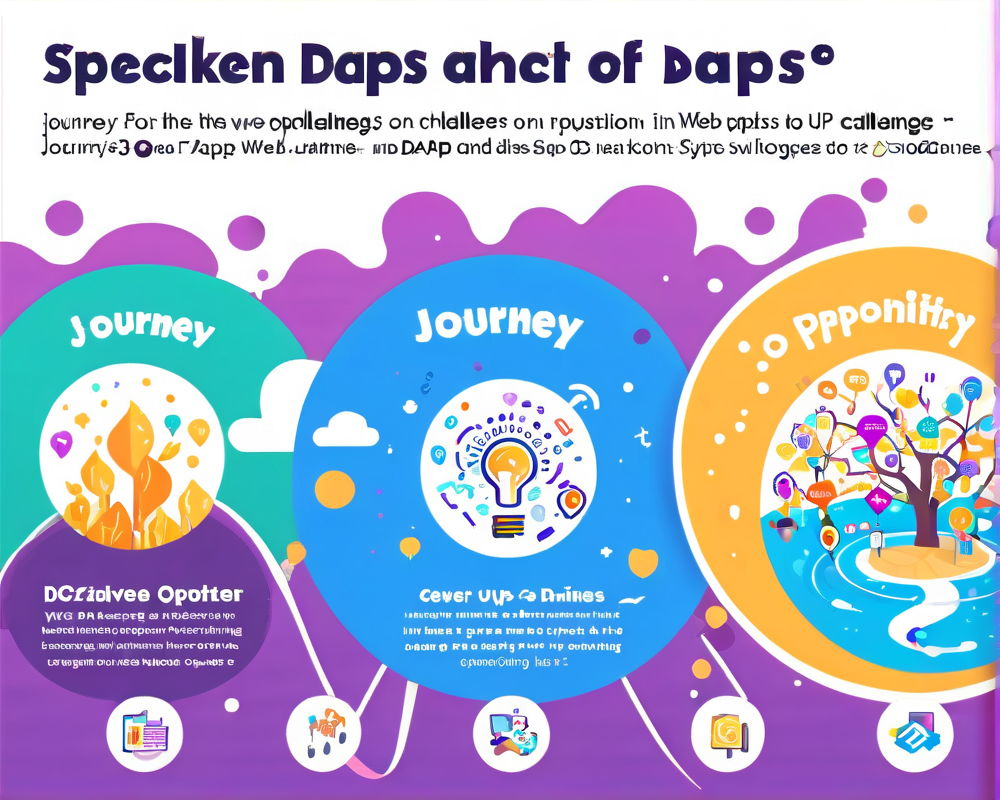Revolutionizing Athlete Funding through NFTs
The intersection of nonfungible tokens (NFTs) and sports is paving the way for a new era of connectivity and fan engagement. As mainstream adoption of NFTs continues to grow, platforms like FANtium are reshaping how fans can support and connect with athletes through innovative financing models.
Engagement Beyond Monetary Rewards
FANtium allows fans to financially back up-and-coming athletes by placing bets on their future success, utilizing digital assets that create a more immersive and engaged community. Unlike traditional betting systems that offer only financial rewards, NFTs enable fans to foster meaningful connections with their favorite athletes, resulting in recurring rewards based on the athletes’ successes.
Backed by Prominent Figures
On October 11, FANtium completed a funding round supported by notable figures from both the Web3 and sports industries, including Sebastian Borget, COO of Sandbox, and professional tennis player Dominic Thiem. This financial backing reflects the growing interest in merging sports with blockchain technology.
Breaking Down Barriers with Blockchain
Jonathan Ludwig, CEO and founder of FANtium, emphasized that NFTs are not merely about sports collectibles. Instead, they enable fans to actively participate in an athlete’s journey and career in unprecedented ways. By bypassing intermediaries, blockchain technology enhances transparency and allows fans to have a direct influence on athlete funding and recognition.
Quantifying Success through NFTs
Although measuring success can be subjective, Ludwig articulated that NFTs can provide fixed shares in an athlete’s earnings. This model typically hinges on prize money and sponsorship income, ensuring that sports fans receive attractive returns on their investments while providing athletes with necessary capital to advance their careers.
Supporting Emerging Talent
Ludwig argued that while established professional athletes may have sufficient income to fund their careers, young and emerging talents often struggle to secure necessary resources. This funding gap is particularly critical for collegiate and youth athletes. By implementing NFT-backed financing, FANtium aims to pave the way for these future sports stars to achieve their potential.
Future Developments in Sports and Web3
The conversation around NFTs in sports is rapidly evolving, with various organizations exploring decentralized models for athlete governance. For instance, Karate Combat recently announced plans to introduce a fan-powered decentralized autonomous organization (DAO) for athlete governance. Additionally, sports metaverse startup LootMogul has secured $200 million in funding, focused on developing a gaming-oriented metaverse.
Conclusion
As NFT technology transforms the landscape of athlete financing and fan interaction, platforms like FANtium are leading the way in building deeper connections within the sports community. The adoption of these technologies holds the potential to empower both athletes and supporters, creating a more cohesive and innovative environment for sports enthusiasts.




